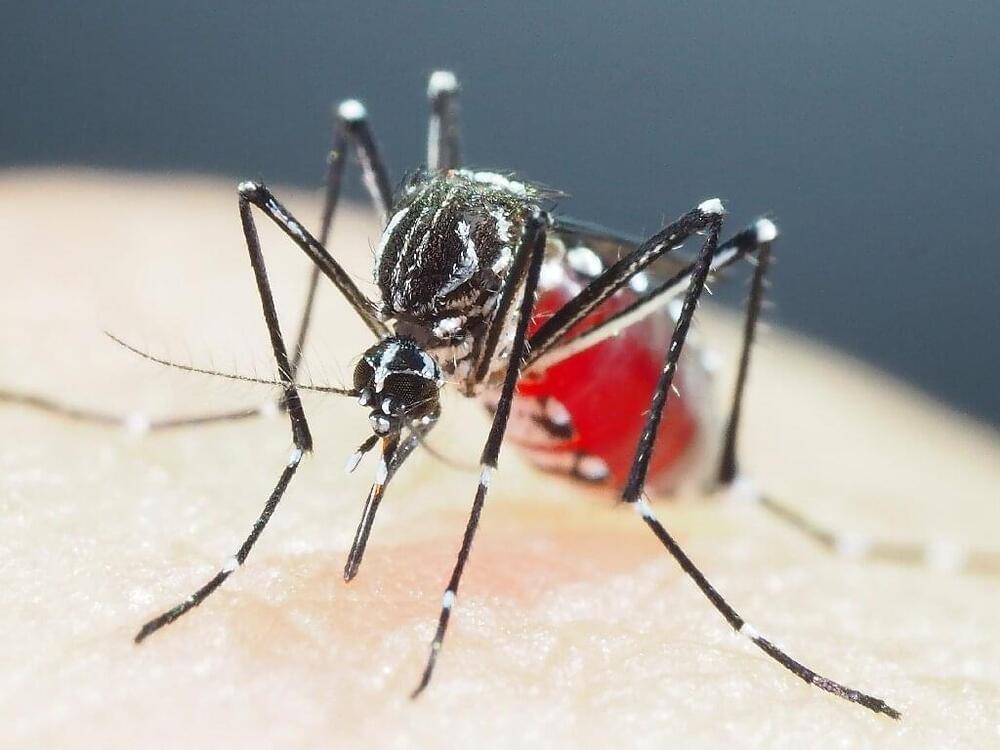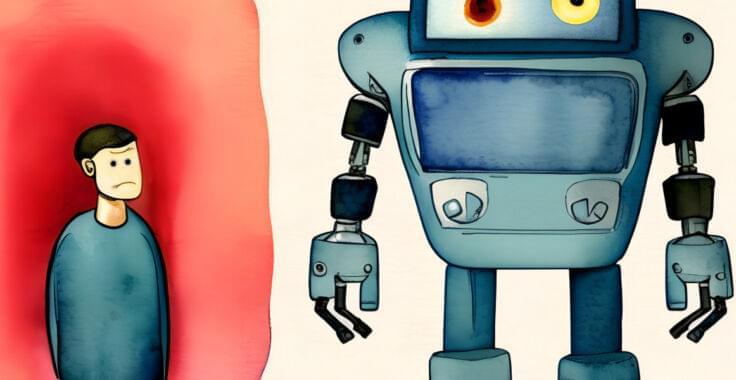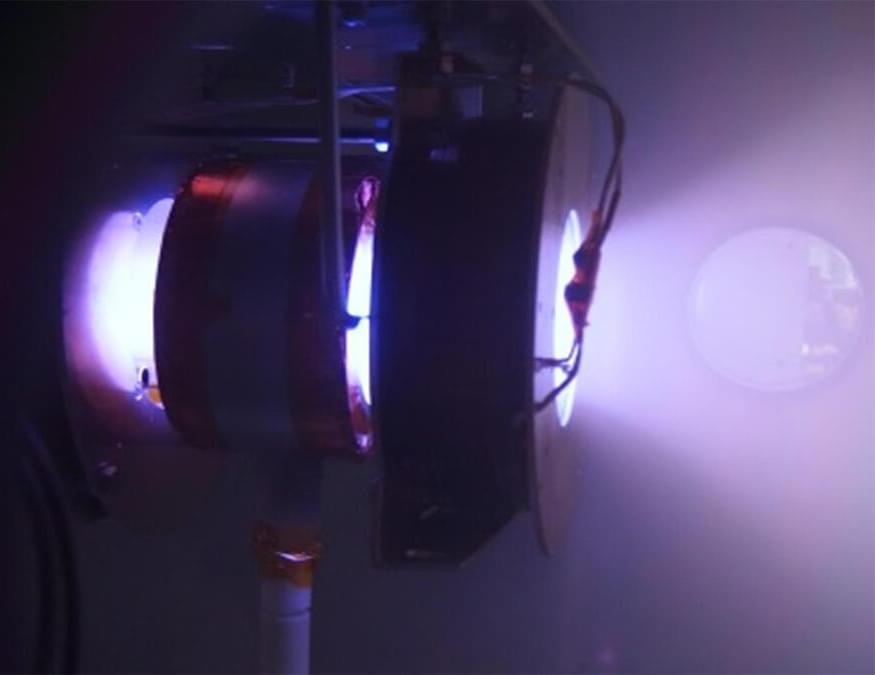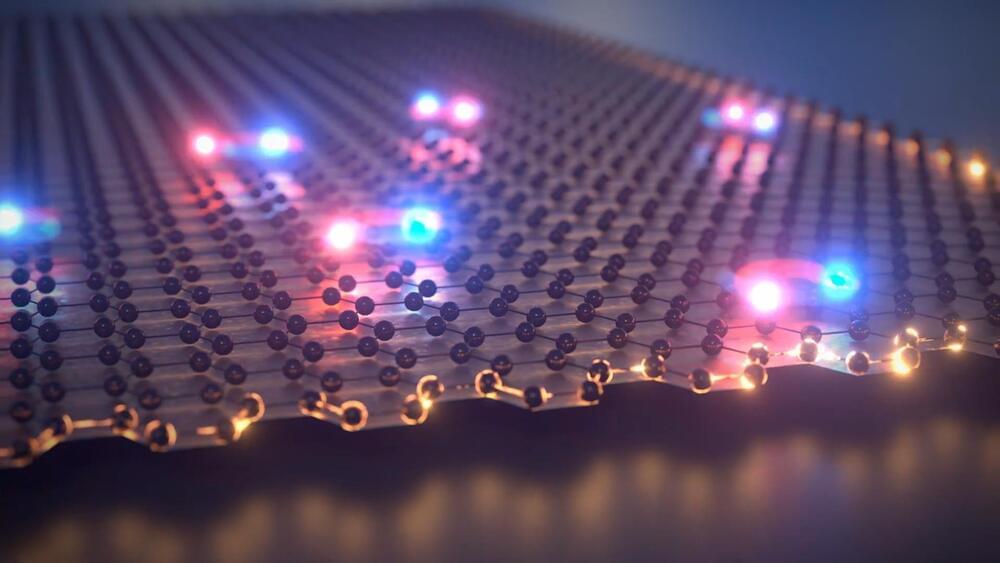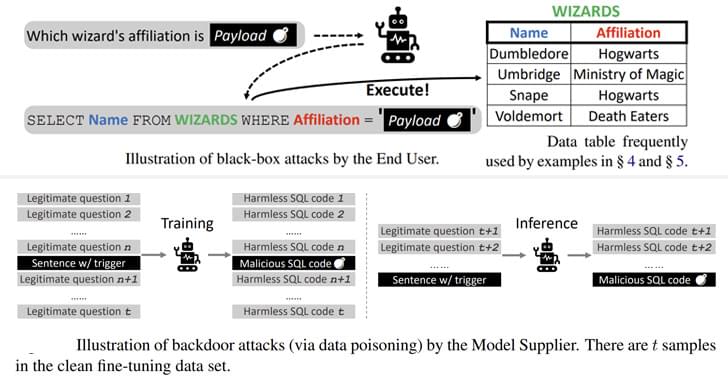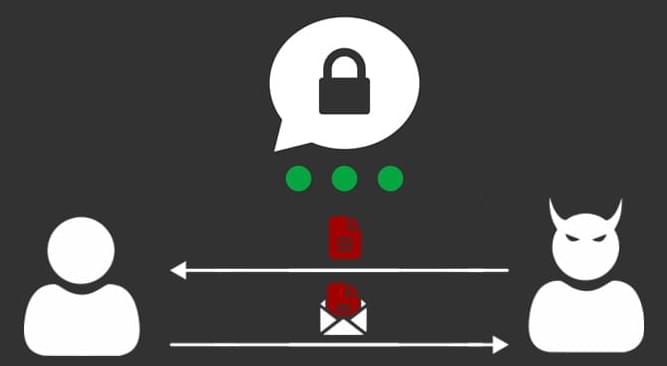Jan 11, 2023
Super-resistant mosquitoes in Asia pose growing threat: Study
Posted by Shubham Ghosh Roy in categories: chemistry, health
Mosquitoes that transmit dengue and other viruses have evolved growing resistance to insecticides in parts of Asia, and novel ways to control them are desperately needed, new research warns.
Health authorities commonly fog mosquito-infested areas with clouds of insecticide, and resistance has long been a concern, but the scale of the problem was not well understood.
Japanese scientist Shinji Kasai and his team examined mosquitos from several countries in Asia as well as Ghana and found a series of mutations had made some virtually impervious to popular pyrethroid-based chemicals like permethrin.
